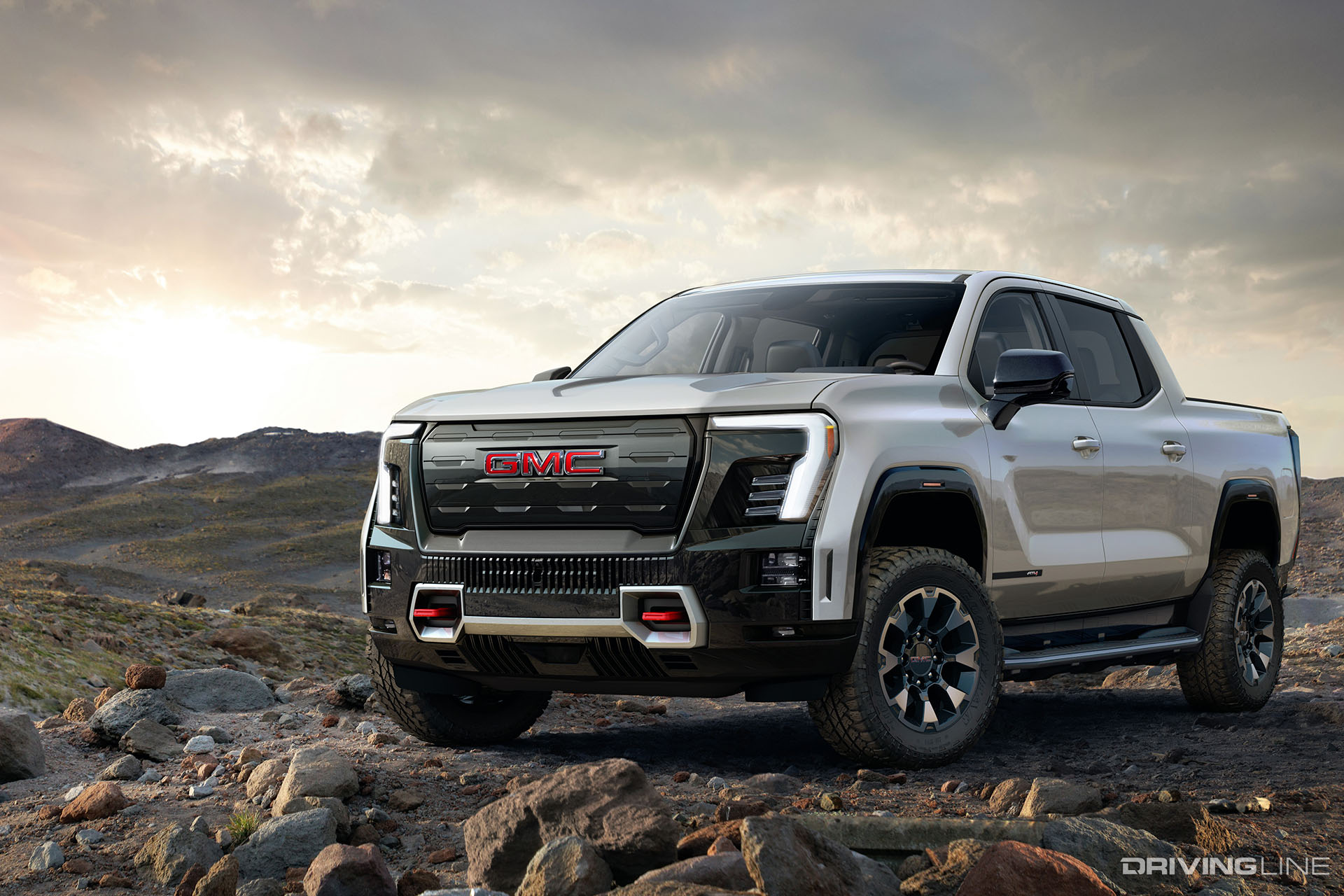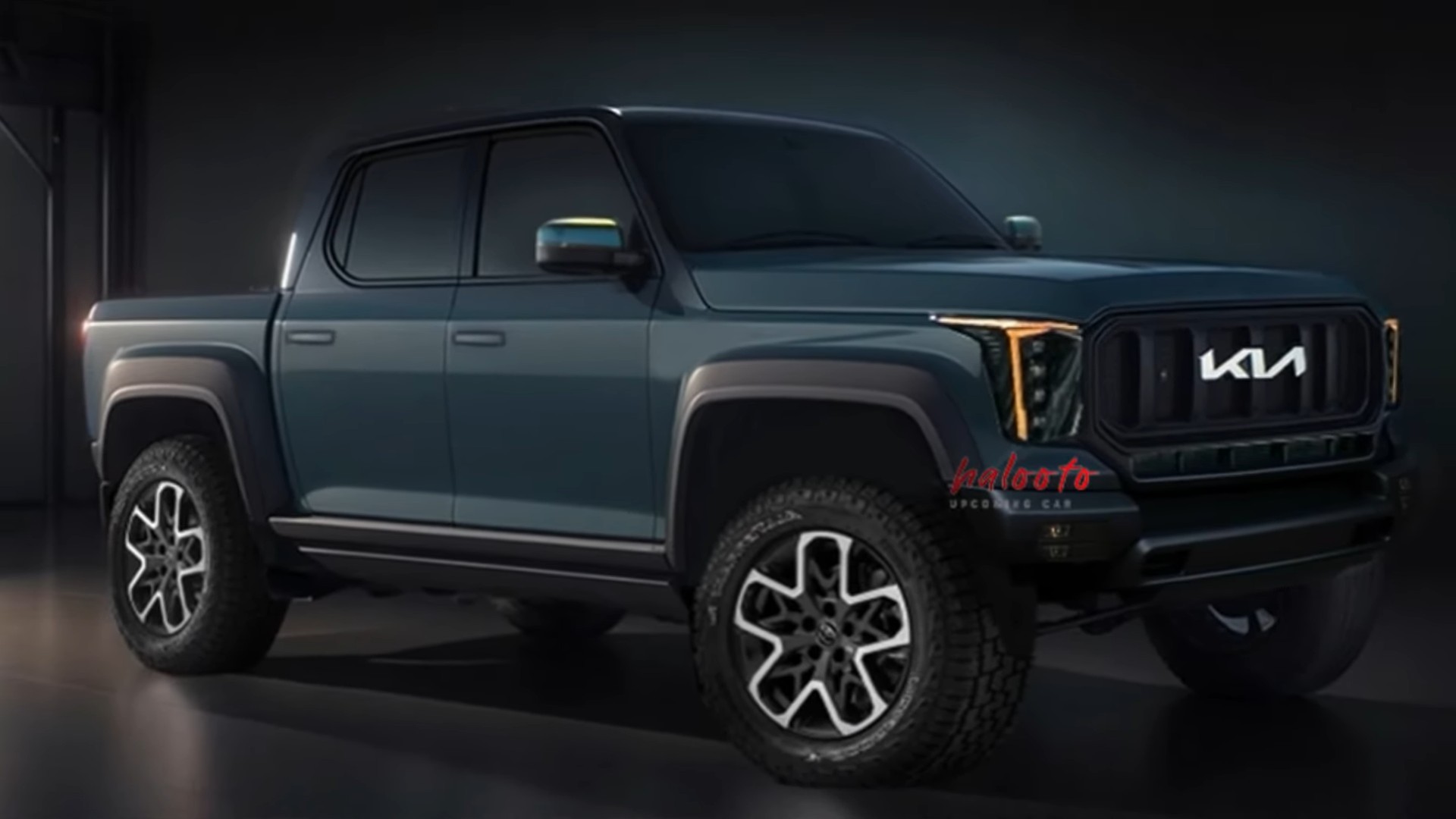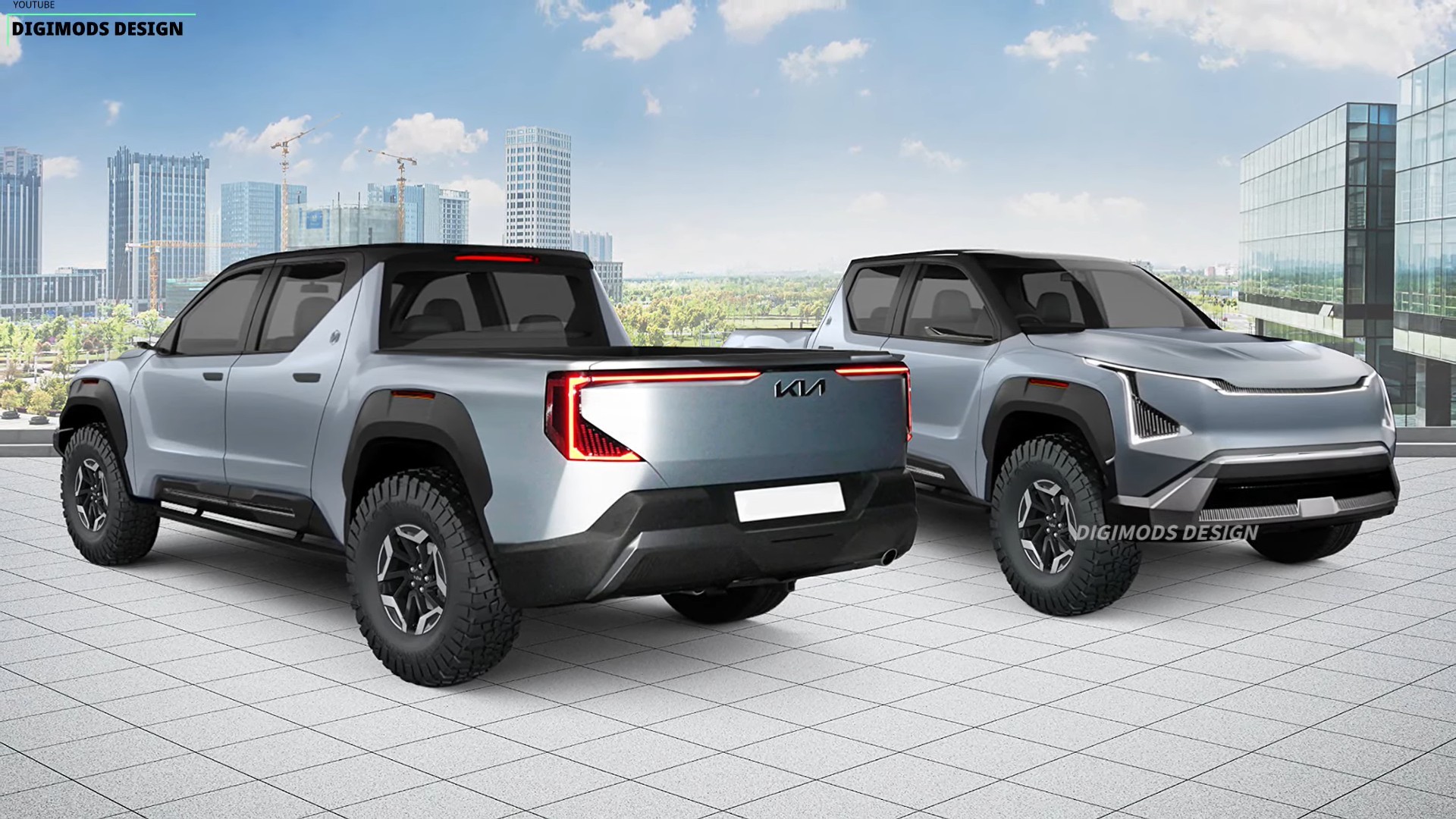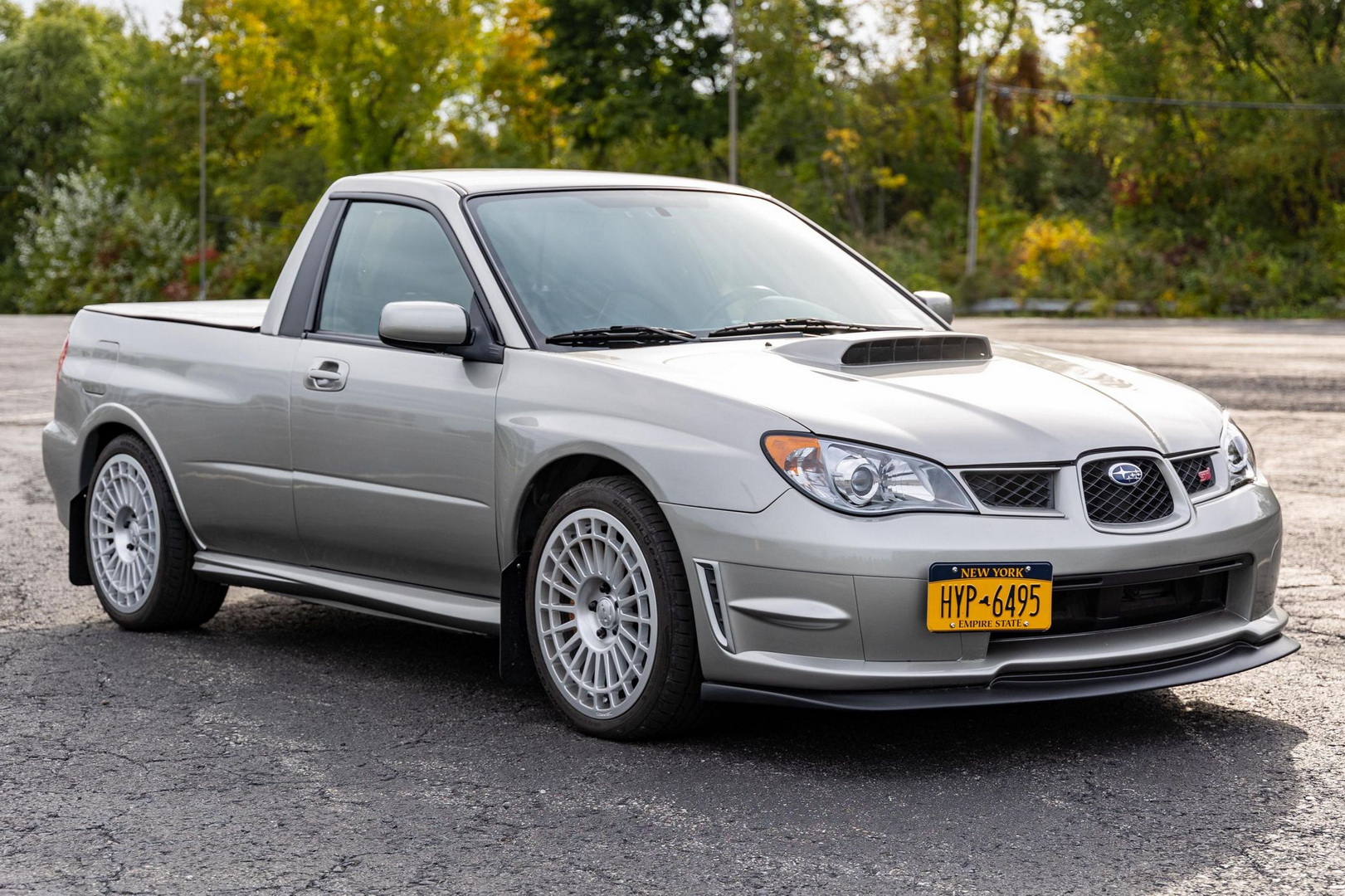Pickup Trucks Auction: Your Comprehensive Guide to Buying Value pickup.truckstrend.com
The roar of an engine, the swift crack of the auctioneer’s gavel, and the thrill of securing a deal – welcome to the dynamic world of pickup truck auctions. Far from being exclusive dealer domains, these events have become increasingly accessible to the public, offering a unique avenue for individuals and businesses alike to acquire robust workhorses and recreational vehicles at potentially significant savings. But beyond the allure of a bargain, understanding the intricate mechanics of a pickup truck auction is crucial for a successful purchase.
This comprehensive guide will navigate you through every facet of pickup truck auctions, from understanding their appeal to mastering the bidding process and ensuring a smooth post-purchase experience. Whether you’re a seasoned mechanic, a small business owner, or simply someone looking for a reliable truck without the retail markup, the auction block could be your next great find.
Pickup Trucks Auction: Your Comprehensive Guide to Buying Value
Why Choose a Pickup Truck Auction? Unveiling the Benefits
The primary draw of a pickup truck auction is, undeniably, the potential for substantial cost savings. Vehicles often sell for below retail value, sometimes even below wholesale prices, making them an attractive option for budget-conscious buyers. But the advantages extend far beyond just the price tag:
- Cost-Effectiveness: Auctions bypass the traditional dealership overheads, allowing for lower sale prices. You’re buying directly, often from a government agency, an insurance company, or a fleet manager looking to liquidate assets quickly.
- Vast Selection: Auctions feature an incredibly diverse inventory. You might find anything from a recent-model, low-mileage work truck to a vintage classic, a specialized utility vehicle, or even a salvage title project. This variety often surpasses what any single dealership can offer.
- Unique Finds: Looking for a specific trim level, an older model that’s hard to find, or a truck with a particular upfit? Auctions are often treasure troves for unique and specialized vehicles that rarely hit the conventional used car market.
- Transparency (with caveats): Reputable auction houses provide vehicle information, including mileage, VIN, and sometimes even basic condition reports or photos. While "as-is" is the norm, this upfront information allows for informed decision-making, especially when coupled with pre-inspection opportunities.
- Quick Transactions: The auction process is designed for speed. Once you’re the winning bidder and payment is made, the vehicle is yours, often with a swift title transfer process.

Types of Pickup Truck Auctions: Finding Your Venue
Pickup truck auctions come in various forms, each with its own characteristics and target audience. Understanding these types is the first step in deciding where to focus your search:
- Public/Government Auctions: These auctions are open to everyone and typically feature vehicles from government fleets (federal, state, municipal), police impounds, seized assets, or surplus property. Expect a mix of well-maintained work trucks and occasionally some unique finds. Examples include GSA Auctions (for federal vehicles) or local sheriff/police auctions.
- Dealer-Only Auctions (Wholesale Auctions): Primarily for licensed auto dealers, these are where dealerships offload trade-ins, older inventory, or vehicles that don’t fit their retail strategy. While generally inaccessible to the public, some third-party services or brokers might offer avenues for public buyers to participate indirectly. The quality here can range from pristine to rough.
- Salvage/Insurance Auctions: Platforms like Copart and IAAI specialize in vehicles deemed total losses by insurance companies due to accidents, floods, fire, or theft. These trucks often require significant repairs but can be excellent sources for parts or for buyers with the skills and resources to undertake restoration projects. Titles are typically "salvage" or "rebuilt."
- Online Auctions: The digital age has revolutionized auctions. Websites like eBay Motors host individual sellers and dealers, while dedicated auction platforms (e.g., Ritchie Bros., IronPlanet for heavy equipment, or even online portals for public/government auctions) allow bidding from anywhere. These offer convenience but emphasize the need for thorough digital research and understanding of "sight unseen" risks.
- Physical/Live Auctions: The traditional auction experience, where bidders gather in person. These can be local independent auction houses, specialized truck auctions, or even charity events. They offer the advantage of in-person inspection and the unique atmosphere of live bidding.


The Auction Process: A Step-by-Step Guide to Bidding Success
Navigating a pickup truck auction requires preparation, strategic thinking, and a clear understanding of the process.
Before the Auction: Laying the Groundwork
- Research the Auction House and Rules: Not all auctions are created equal. Research the reputation of the auctioneer. Understand their specific terms and conditions, including buyer’s fees, payment deadlines, vehicle pickup policies, and whether pre-inspection is allowed.
- Define Your Needs and Budget: What kind of truck do you need? What’s its primary purpose? Crucially, set a firm maximum budget. Remember to factor in not just the potential winning bid, but also:
- Buyer’s Premium: A percentage of the winning bid, charged by the auction house.
- Taxes and Fees: Sales tax, title transfer fees, registration fees.
- Transportation Costs: How will you get the truck home? Towing, shipping, or driving it?
- Potential Repairs: Assume the truck will need some work, even minor, and budget accordingly.
- Vehicle Research and Pre-Inspection: This is the most critical step.
- Online Listings: Review the auction catalog well in advance. Note down VINs of interesting trucks.
- VIN Check: Run a comprehensive VIN report (e.g., CarFax, AutoCheck) to uncover accident history, mileage discrepancies, previous ownership, and service records.
- Physical Inspection (If Possible): Attend the public viewing days.
- Exterior: Look for body damage, rust, mismatched paint, tire condition.
- Interior: Check for excessive wear, strange odors, functionality of electronics.
- Under the Hood: Look for fluid leaks, corrosion, signs of neglect. Check fluid levels.
- Underneath: Inspect the frame for bends, rust, or major damage.
- Engine Start (If Allowed): Listen for strange noises, check for smoke from the exhaust.
- Bring a Mechanic: If permitted, a trusted mechanic can identify issues you might miss.
- Important: Remember, you typically cannot test drive at auctions.
- Registration: Register as a bidder. This usually involves providing identification and sometimes a refundable deposit. You’ll receive a bidder number.
During the Auction: The Heat of the Bid
- Be Present (Physically or Online): Arrive early for live auctions, or ensure a stable internet connection for online ones.
- Observe: Watch a few bids on other vehicles to get a feel for the pace and bidding increments.
- Stick to Your Budget: It’s easy to get caught up in the excitement. Do not exceed your pre-determined maximum bid.
- Bid Confidently: Make your bids clear and decisive.
- Know When to Walk Away: If the price goes beyond your budget or the competition is too fierce, be prepared to let the truck go. There will always be another auction.
After the Auction: Sealing the Deal
- Payment: If you are the winning bidder, payment is typically due immediately or within a very short timeframe (24-48 hours), often by cashier’s check, wire transfer, or certified funds. Credit card payments might incur additional fees.
- Title Transfer: The auction house will facilitate the title transfer. Ensure you receive all necessary paperwork, including the bill of sale and the vehicle title (or a clear path to getting it). Be aware of different title types (clear, salvage, rebuilt).
- Vehicle Pickup/Transport: Arrange to pick up the truck promptly within the auction house’s specified timeframe. If it’s not drivable, arrange for a tow truck or flatbed.
- Post-Auction Checks: Even if you inspected it, a full service and inspection by a trusted mechanic after purchase is highly recommended. Change fluids, check brakes, and address any immediate concerns.
Important Considerations and Potential Challenges
While auctions offer great opportunities, they also come with inherent risks. Being aware of these can help mitigate potential pitfalls:
- "As-Is, Where-Is" Sales: This is the universal rule at auctions. There are no warranties, guarantees, or returns. What you see (or don’t see) is what you get. This underscores the importance of thorough pre-inspection.
- Hidden Costs: As mentioned, buyer’s premiums, taxes, documentation fees, and transportation costs can significantly add to the final price. Always factor these in when setting your budget.
- Limited Inspection Time: Unlike a dealership where you can spend hours, auction inspections are often quick and superficial. You won’t get a test drive.
- Condition Variability: Vehicles at auction range from nearly new to heavily damaged. Understand the risks associated with higher mileage, accident history, or salvage titles.
- Financing: Most auction houses require immediate payment in full. Traditional auto loans for auction vehicles can be challenging to secure, especially for older or salvage-titled trucks. Come prepared with cash or pre-arranged financing.
- Fraud/Scams: While reputable auction houses are secure, always be wary of unofficial sales, unusually low prices, or sellers who pressure you for quick payments outside the official process. Stick to established platforms and procedures.
Tips for Success at Pickup Truck Auctions
- Do Your Homework: Research the specific truck models you’re interested in, their common issues, and their market value.
- Inspect, Inspect, Inspect: Never skip the inspection period. Bring a checklist.
- Bring a Buddy (or Mechanic): A second pair of eyes can spot things you miss. A mechanic’s expertise is invaluable.
- Know Your Limits: Set a strict maximum bid and stick to it, no matter how appealing the truck seems.
- Attend as an Observer: If you’re new, attend an auction or two without bidding to learn the ropes and observe the flow.
- Account for All Costs: Create a detailed budget that includes every potential fee.
- Be Patient: The perfect truck might not appear at your first auction. Patience can lead to a better deal.
Typical Auction Costs and Example Pickup Truck Price Ranges
It’s crucial to understand that actual prices at auction vary wildly based on condition, mileage, location, make, model, year, and demand. The table below provides estimated ranges for common costs and example selling prices for different types of trucks, purely for illustrative purposes.
| Cost/Item Category | Typical Range/Description | Notes |
|---|---|---|
| Auction Fees: | ||
| Buyer’s Premium | 5% – 15% of winning bid | Varies by auction house & vehicle value. |
| Documentation Fees | $50 – $250 | Administrative fees for paperwork. |
| Government Fees: | ||
| Sales Tax | Varies by state/locality | Applied to the final sale price + buyer’s premium. |
| Title Transfer Fee | $15 – $100 | Fee to transfer ownership on the title. |
| Registration Fees | Varies by state/locality | Annual or multi-year fee to register the vehicle. |
| Optional/Post-Purchase Costs: | ||
| VIN Report (CarFax, etc.) | $25 – $50 (per report) | Highly recommended pre-purchase. |
| Pre-Purchase Inspection (Mechanic) | $100 – $250 | If hiring an independent mechanic for inspection. |
| Transportation/Towing | $50 – $500+ (local to cross-country) | Depends on distance, vehicle condition, and service. |
| Repairs/Maintenance | Highly Variable | Budget for immediate maintenance (oil change, tires) and potential repairs. |
| Example Pickup Truck Auction Price Ranges (Estimates): | Prices are highly volatile and depend on many factors. These are rough guides only. | |
| Basic Work Truck (Older, High Mileage, e.g., F-150, Silverado, Ram 1500) | $3,000 – $10,000 | Good for utility, may need significant TLC. |
| Mid-Range Utility Truck (5-10 years old, moderate mileage) | $10,000 – $25,000 | Still reliable, good for daily use or light business. |
| Newer Model/Well-Maintained (1-5 years old, lower mileage) | $25,000 – $40,000+ | Significant savings compared to retail, but still a large investment. |
| Salvage/Damaged Trucks | $500 – $15,000 (depending on damage) | For parts or full restoration projects; requires expertise. |
| Heavy Duty (2500/3500 series) | $15,000 – $50,000+ | Often higher due to specialized use and durability. |
Frequently Asked Questions (FAQ) about Pickup Truck Auctions
Q1: Can anyone bid at a pickup truck auction?
A1: Most public and government auctions are open to anyone. Dealer-only auctions typically require a dealer’s license. Always check the specific auction house’s rules.
Q2: Are auction vehicles inspected?
A2: Generally, auction vehicles are sold "as-is, where-is" without a formal inspection or warranty from the auction house. Some reputable auctions may provide basic condition reports or photos, but a thorough personal pre-purchase inspection is always recommended.
Q3: What payment methods are accepted?
A3: Most auction houses require immediate payment via cashier’s check, wire transfer, or certified funds. Personal checks are rarely accepted, and credit card payments may incur additional fees. Always confirm payment methods before bidding.
Q4: Can I test drive an auction truck?
A4: In nearly all cases, no. Test drives are not permitted at auctions. You can usually inspect the vehicle physically, often start the engine (if allowed), but driving is prohibited due to liability and logistics.
Q5: What is a "buyer’s premium"?
A5: A buyer’s premium is an additional fee, calculated as a percentage of the winning bid, that the auction house charges the buyer. It’s how the auction house makes its revenue. This fee must be factored into your total budget.
Q6: What if I buy a "lemon" at an auction?
A6: Since vehicles are sold "as-is, where-is," there is generally no recourse if you discover major mechanical issues after the purchase. This is why thorough pre-inspection, VIN checks, and setting a budget for potential repairs are absolutely critical.
Q7: How do I transport the vehicle after winning the bid?
A7: You are responsible for transporting the vehicle from the auction site. If it’s drivable, you can drive it (ensure it’s legal with temporary tags if needed). Otherwise, you’ll need to arrange for a tow truck, flatbed, or professional vehicle transport service.
Conclusion: Driving Value Home
Pickup truck auctions offer a compelling alternative to traditional dealerships, providing access to a vast inventory of vehicles at potentially significant savings. However, this world of opportunity demands diligence, research, and a clear understanding of its unique rules and risks. By thoroughly researching vehicles, meticulously inspecting them, setting a firm budget that accounts for all associated costs, and sticking to your limits, you can transform the often-intimidating auction environment into a rewarding experience.
While the "as-is" nature requires a cautious approach, the potential to drive home a reliable, cost-effective pickup truck makes the effort worthwhile. Approach the auction block with preparation, patience, and a well-informed strategy, and you might just find your next great vehicle roaring into your driveway.
